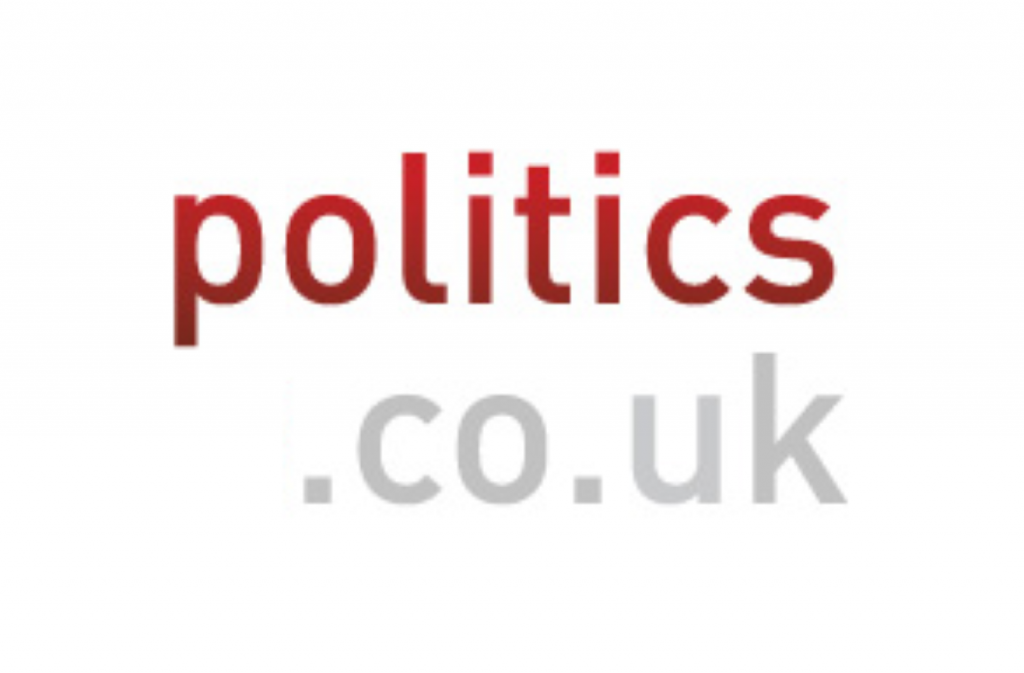ANALYSIS: Draft Queen’s Speech
If Gordon Brown’s intention this morning was to prove he still has a political vision, many observers of today’s Queen’s Speech could be forgiven for thinking it’s a Conservative vision.
David Cameron had some justification when he told the prime minister he liked many of the proposals, “not least because we proposed them”.
The proposals for elected police representatives, new cuts in the civil service, assessment for incapacity benefits, flexible working time and tougher immigration procedures are all shared by the Tories.
But there were also proposals designed to warm grassroots Labour hearts, proposals which a Conservative government would probably cast into the long grass. These included new rights for temporary workers – a subject some activists treat as a litmus test of Labour’s attitude towards the vulnerable – help for those in social housing, impressive measures to give all British workers access to apprenticeships and a new equality bill for public bodies.


As for the NHS and education, it’s difficult to know who is copying who anymore. The Conservatives signed up to Tony Blair’s reform agenda, and now call on Brown to out-Blair his predecessor or David Cameron will do it for him.
Today’s speech contained more of the language we’ve all gotten used to on the subject, with sentences peppered with the phrases ‘choice’ and ‘user empowerment’. It shows the government is still on course to introduce market-like structures to public bodies. The experiment with city academies and foundation hospitals will clearly continue, although their scarcity of number indicates Brown is more cautious of the idea than Blair was.
We shouldn’t be surprised by this mismash. The line between Tory policy and Labour policy has been shrinking for some time now, and Gordon Brown’s last few months have been spent receiving conflicting advice; to turn right towards middle England and challenge Cameron on his home ground or left towards the party’s grassroots and shore up his core support.
This draft Queen’s Speech shows he has no particular intention of taking either course to the exclusion of the other. Certainly there are no concessions to the party’s left wing – tough talk on immigration and firm commitments to welfare and public sector reform put paid to that idea.
But there are sprinklings of centre-left policymaking here, enough to make Labour voters think they’re better off with Mr Brown than Mr Cameron, while all the while never saying anything so radical it would scare away the readers of the Mail or the Express.
But the real question about today’s budget was not so much one of right or left, but was it eye-catching enough, exciting enough, principled enough, to convince the public Mr Brown has a reason to be in high office?
The nation has a nagging sensation Mr Brown swept into office without any particular idea of why he wanted to in the first place. There were principled measures in today’s speech which disprove that theory, but whether they can all be wrapped up into one easy-to-understand package is another matter.









